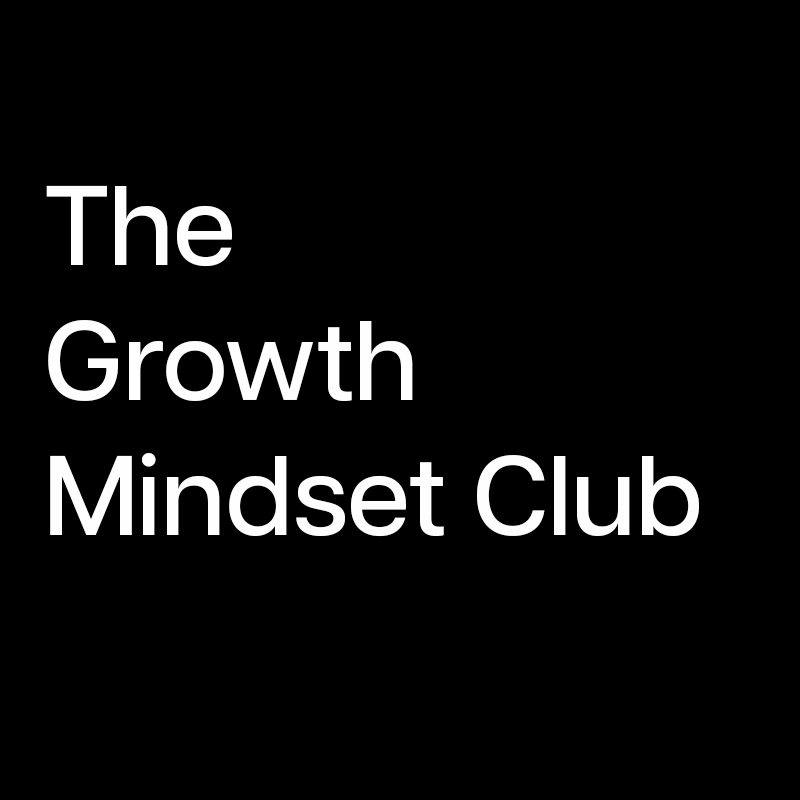Recently, I had a conversation with someone discussing how we choose—or end up in—our careers. We talked about the right fit, fulfilment, and the role of financial compensation. Essentially, we discussed the importance of money versus finding fulfilment.
This conversation, along with the disillusionment created by social media and the entertainment industry, made me question the realistic options we have and the choices we must make. Many of us struggle with finding fulfilment at various life stages. But how many of us consciously think about the decisions we make and where they take us? Do you?
Surrounded by a culture of “do what you love,” “starting a business has never been easier,” “escape the rat race,” and “you can be anything you want,” it’s easy to buy into a new, more exciting reality. Often, we find ourselves in a place where we don’t feel appreciated or able to use our natural strengths as part of our job. Our confidence shrinks, and we start noticing a need for growth and fulfilment.
The dilemma: stability vs. passion
Ideally, we find a job that is fulfilling and allows us to live comfortably. However, most of us know that usually we have to make sacrifices and stand in front of a choice—good salary or fulfilling work. For many, it’s a clear choice. Lots of us don’t go through life mindfully thinking, “Where is my next decision going to take me?” We tend to be on autopilot, following a familiar path, doing what’s expected of us.
There are two clear camps—the logical realists and the idealistic dreamers. Both have a valid point, and both doubt the sanity of the other. The logical realist would not waste time and effort on things that don’t help grow their career and move up the pay scale. The idealistic dreamer would not sell their soul to a corporation, doing something they don’t believe in, losing their identity to a faceless bureaucracy.
No one-size-fits-all answer
In mid-life, however, both might look back with regret. One for not taking risks and sacrificing their health and well-being to the “dollar,” and the other for not being able to build enough security for themselves and their family. They might also be very content with the life they have chosen. There isn’t a wrong or right choice; it is simply a matter of preference and two equally valid points of view—which, by the way, can change during different life stages as we keep finding paths to fulfilment.
I don’t have the solution to finding the right balance in your life. Deciding how much money makes you feel content and secure, and how much freedom you’re willing to sacrifice in return, is deeply personal. It is true that sometimes we have to take opportunities we would not otherwise choose for ourselves. We have to be able to satisfy our basic needs, and the idea of a perfect career—or the way we make a living—has to go aside for a while.
Life isn’t linear
It is also true that life isn’t as rigid as slowly crawling up Maslow’s hierarchy of needs, moving on to higher needs only once all the basic ones have been met. In reality, we pursue several needs at once across all levels of importance. This can also blur our outlook and make us pursue needs that might not be a priority at the given moment, making finding fulfilment more challenging.
I don’t know the answer to the ideal balanced life, but I know where we can start, and that is—in the moment. Every job we have can be done mindfully and with care. We can take pride in what we do and do it well, even if it’s not challenging or interesting enough. Equally, if the work is too demanding, being mindful means understanding one’s capacity and being able to communicate it.
The key to contentment
It’s not about the work itself; it’s about us and how we feel about what we do. It’s about how we feel contributing to others. Of course, there are instances where the best solution is to start looking elsewhere. However, being present and focusing on anything that can help us grow in the given environment, is the best way to protect our well-being and finding fulfilment over time.
Whatever you decide—changing directions, switching careers, or changing jobs—make sure to start that transition consciously, in the present moment. Don’t run away; embrace what is and make a conscious decision that’s in line with your values and the vision you have for yourself and your life.
Mindfully moving forward
Embracing what is helps us remove the pressure of “what it should be” and reduce the stress of our circumstances. It is much easier to make decisions when we’re calm, and our actions aren’t driven by our emotions. It’s easier said than done, but it is important to remember that having feelings about the way we are treated at work and our expectations of how things should be is completely normal. Acknowledging this is the first step to successfully developing awareness of our emotions and thoughts—not letting them dictate how we feel about ourselves and our achievements.
If you’re in a transition period or pondering the idea of doing something different, try to sit with it. There is no rush to make such decisions. It is also possible to test things out first; it doesn’t have to be all or nothing. If you are looking for structure, clarity, and accountability along the way, book a 1:1 session with me for that extra support.
Wherever you are right now and whatever direction you choose for yourself, I wish you an empowering and enriching journey!
